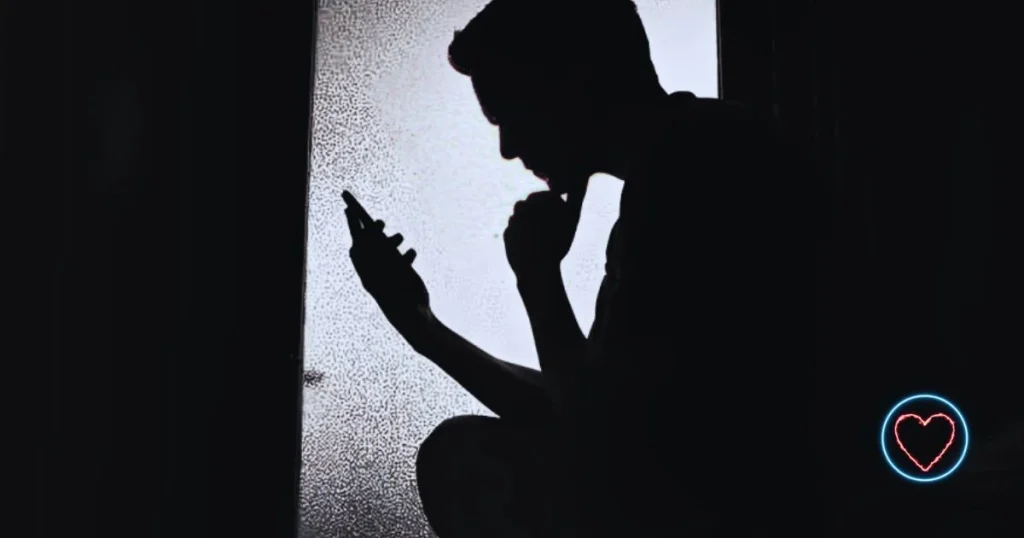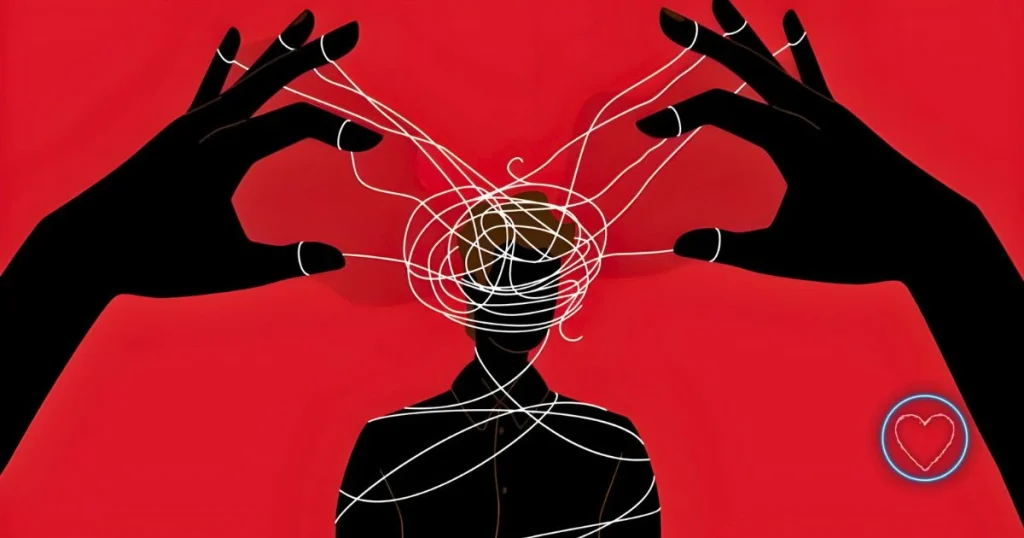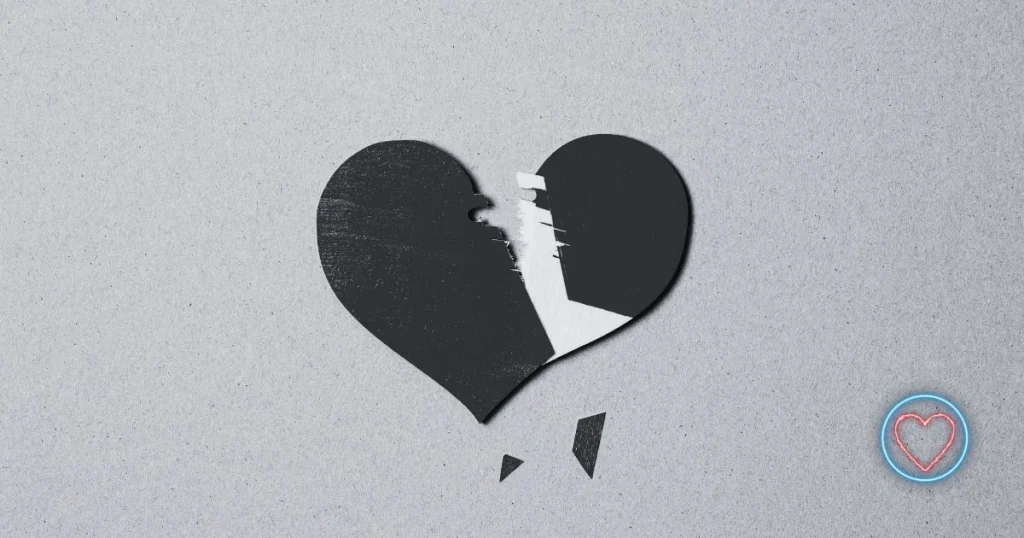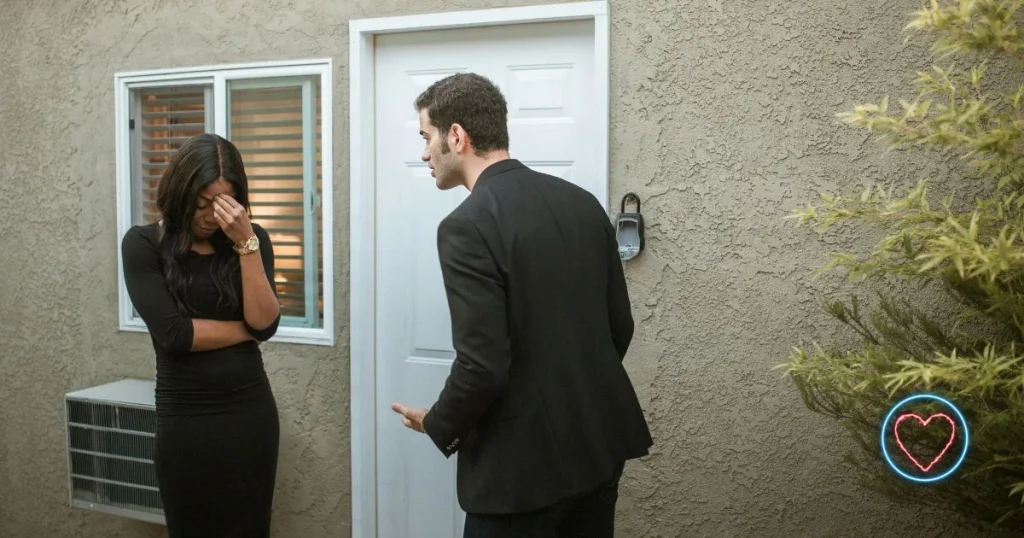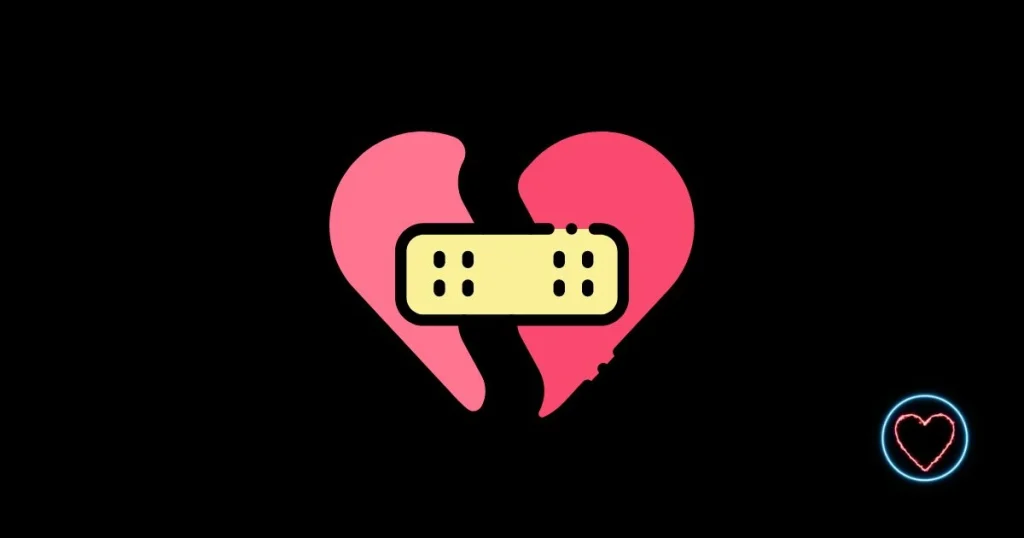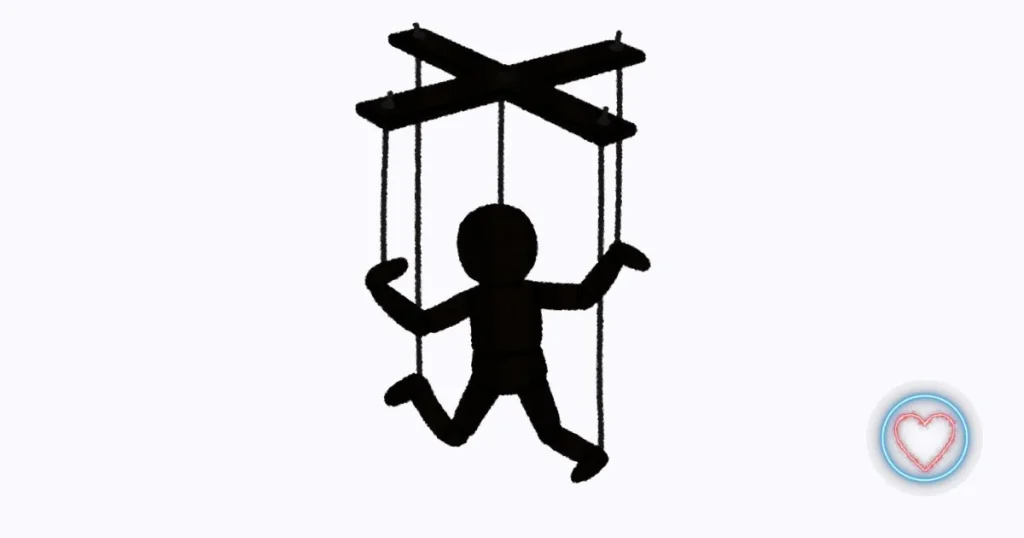In the digital age of dating, where swipes determine attraction and emojis substitute for emotions, a painful new trend has emerged—ghosting. It’s the act of suddenly cutting off all communication without warning or explanation, disappearing like a phantom. While it may seem like an easy out for one person, it often leaves the other devastated and confused.
At first glance, ghosting might appear less dramatic or hurtful than a formal breakup. There’s no confrontation, no shouting matches, and no heartbreak hotel playlist. But research and real-life experiences reveal that ghosting can be more emotionally damaging than a traditional breakup. Why? The answer lies in human psychology, emotional closure, and the fundamental need for connection.
What Is Ghosting?
Ghosting typically happens in romantic or dating scenarios, but it can also occur in friendships or even professional relationships. One person simply ceases all communication—no texts, no calls, no explanations. It’s as though they’ve vanished into thin air, leaving the other person grappling with a deafening silence.
Whether it’s after a few dates or several months of talking, ghosting sends a clear but cruel message: I don’t care enough to say goodbye.
1. Lack of Closure Wreaks Havoc on Mental Health
In a traditional breakup, there’s usually a conversation, however difficult, that signifies the end of the relationship. Both parties, at least to some degree, understand what went wrong or why it ended. Closure allows the mind to process, heal, and move forward.
Ghosting offers no such luxury. The person left behind is stuck in a state of confusion:
- Did I say something wrong?
- Are they okay?
- Was I not enough?
This emotional limbo keeps the brain in an obsessive loop, constantly searching for answers that will never come. It’s a form of ambiguous loss, a psychological term that refers to a loss without clarity or resolution. This ambiguity can intensify feelings of anxiety, sadness, and even depression.
2. Ghosting Triggers Self-Doubt and Rejection Sensitivity
Rejection is hard in any form, but ghosting compounds it by leaving the rejected party no explanation for the dismissal. Unlike a breakup that might include kind words or a rationale, ghosting forces someone to fill in the blanks themselves—and often, those blanks are filled with harsh self-criticism.
People who are ghosted may internalize the experience, believing they were unworthy of honesty or respect. This can lead to:
- Lowered self-esteem
- Negative self-talk
- Fear of future relationships
- Heightened rejection sensitivity—a tendency to expect, perceive, and overreact to rejection
The result? Long-term emotional scars that stretch far beyond the ghosting incident.
3. Ghosting Undermines Trust in Future Relationships
Trust is a foundational component of any relationship. Ghosting shatters it.
When someone vanishes without explanation, it creates a fearful narrative in the mind of the person left behind: People aren’t reliable. Anyone can disappear at any time. This thinking can seep into future dating experiences, creating walls where openness should be.
Individuals who’ve been ghosted often report:
- Difficulty trusting new partners
- Fear of emotional vulnerability
- Increased anxiety in new relationships
What begins as one person’s avoidance can end up influencing someone else’s emotional landscape for years.
4. The Silent Treatment Feels Like Emotional Punishment
Ghosting is often compared to the silent treatment, which psychologists consider a form of emotional manipulation or abuse. The silent treatment deprives someone of the opportunity to communicate or resolve conflict, turning emotional intimacy into a weapon.
Ghosting operates similarly. It says, You’re not even worth a goodbye. This erasure can feel like punishment, making the ghosted person feel unworthy or invisible.
Worse yet, the ghoster often goes on living life publicly—posting on social media, appearing happy—while the ghosted person suffers in silence. The emotional disconnect between these two realities can be devastating.
5. Ghosting Denies Both Parties the Chance to Grow
Breakups, for all their pain, offer a learning opportunity. Whether through arguments, reflection, or mutual conversations, people often gain insight into what went wrong and how to improve in the future.
Ghosting, on the other hand, shuts the door on growth. There’s no feedback, no exchange, no maturity. It leaves one person stuck and the other emotionally stunted.
Avoidance might feel easier in the short term, but emotionally intelligent people know that hard conversations are part of healthy relational dynamics.
6. Digital Culture Has Normalized Disposability
One reason ghosting has become so common is that modern dating platforms promote a sense of disposability. If someone isn’t “perfect,” there are thousands more just a swipe away. This abundance mindset has led to an erosion of empathy.
Unfortunately, ghosting reflects a deeper cultural issue—dehumanization. When you view someone as a profile instead of a person, it becomes easier to disappear without remorse. But behind every unmatched face or unanswered message is a human being with feelings, expectations, and hopes.
7. It Triggers Attachment Wounds
Ghosting can deeply affect people with anxious or insecure attachment styles. Those with unresolved childhood attachment wounds may perceive ghosting as abandonment, even if the relationship was short-lived.
For them, ghosting doesn’t just hurt—it reopens old emotional wounds, making recovery much more difficult. It becomes not just a relationship ending, but a reinforcement of deeply held fears of being unworthy or unlovable.
8. Ghosting Is Often a Sign of Emotional Immaturity
While being ghosted is painful, it’s important to recognize that it often says more about the ghoster than the ghosted.
Avoiding confrontation is often a sign of:
- Emotional immaturity
- Fear of conflict
- Poor communication skills
- Lack of empathy
Instead of viewing it as a personal failure, ghosting can be reframed as dodging a bullet—the person lacked the emotional capacity to have a respectful conversation, and that’s not someone worth investing in long-term.
9. Society Is Beginning to Push Back
Thankfully, the tide may be turning. As conversations about mental health, emotional intelligence, and digital etiquette become more mainstream, more people are calling out ghosting for what it is—unhealthy and avoidant behavior.
Relationship coaches, therapists, and influencers are encouraging individuals to:
- Send a kind but honest closure message
- Respect emotional boundaries
- Foster open communication even when ending things
This cultural pushback is helping normalize kindness over convenience.
10. Healing From Ghosting: What You Can Do
Getting ghosted hurts, but it doesn’t have to define you. Here are a few steps to begin healing:
1. Acknowledge Your Feelings
Don’t minimize your pain. Ghosting is a form of emotional rejection, and your feelings are valid.
2. Don’t Internalize It
Remind yourself: ghosting is often about them, not you. Their inability to communicate says more about their emotional maturity than your worth.
3. Avoid Romanticizing the Relationship
When you don’t have closure, it’s easy to idealize the ghoster. Keep a balanced view—remember their flaws and inconsistencies.
4. Seek Support
Talk to friends, join online communities, or speak with a therapist. Processing your feelings with others helps you move forward.
5. Protect Your Peace
Unfollow or block the person if seeing their updates causes distress. It’s not petty—it’s self-care.
6. Practice Closure on Your Terms
Write a letter you won’t send. Journal about your emotions. Closure doesn’t always come from someone else—it can come from within.
Final Thoughts: You Deserve Better Than Silence
Ghosting might be common, but that doesn’t make it acceptable. It erodes trust, denies closure, and causes lasting emotional damage. More importantly, it’s not a reflection of your worth—it’s a reflection of someone else’s inability to handle adult conversations.
You deserve someone who communicates, who respects your time and emotions, and who values honesty—even in endings. Ghosting may sting more than a breakup, but in the long run, it can be a powerful filter. It removes people who aren’t equipped for real connection—and clears space for those who are.
Remember: You are not disposable. You are not invisible. And you are worthy of clarity, kindness, and closure.
